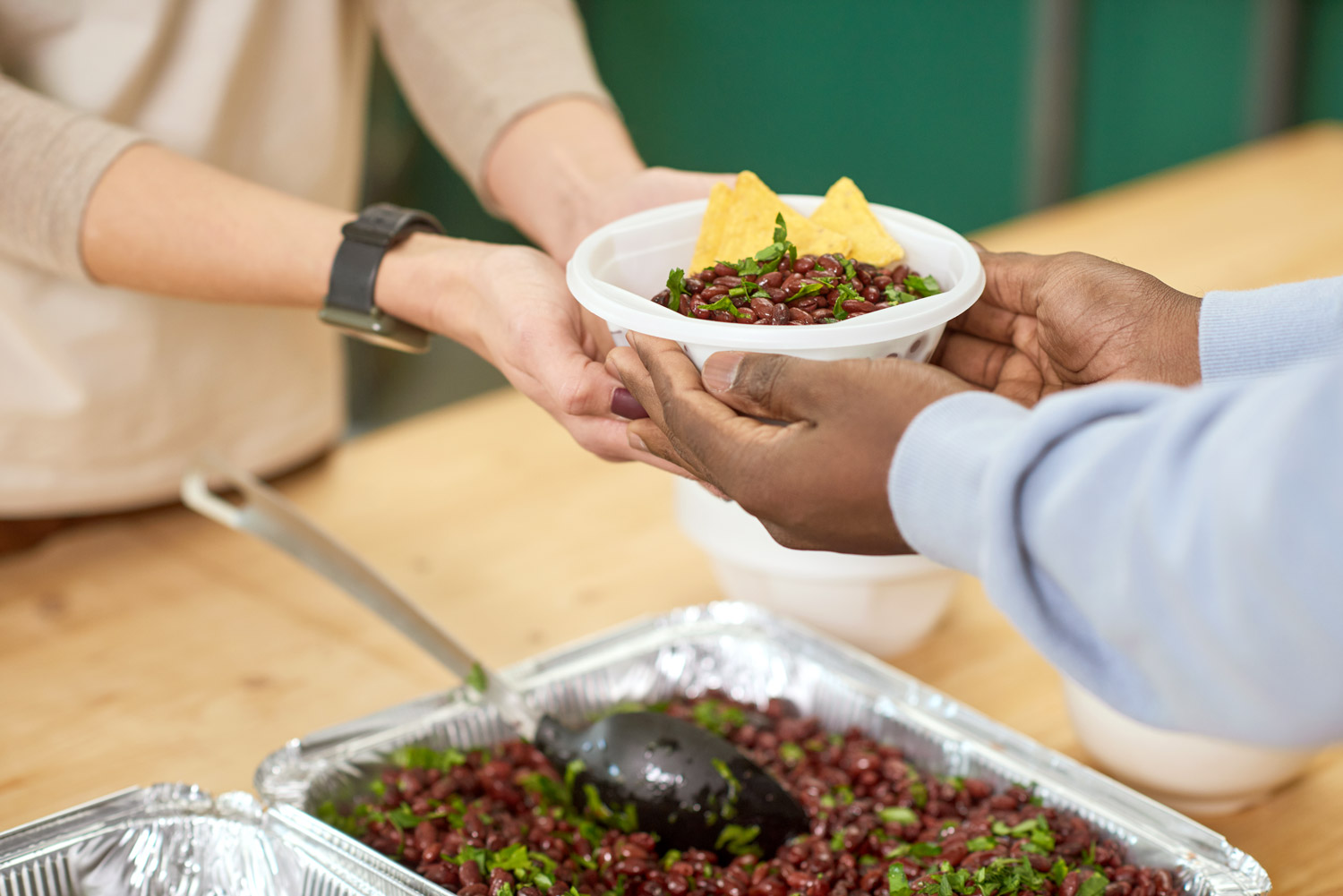
In the region of Bakaiya in Hetauda, Nepal, there are two towns—one for Tamang people and the other for Majhi people. Until the two towns were formed, the two ethnic groups had been in conflict with each other since centuries ago. To infuriate the gods that Tamang people believe in, Majhi people threw slices of pig fat at Tamang people’s temple, and Tamang people threw slices of cow fat at the counterpart temple. At one time, the people of the whole community had to relocate themselves due to extreme violence caused by the conflict.
What would it be like if you meet an implacable enemy in Zion? In Zion, it doesn’t matter at all which ethnic group you belong to. Let me share with you a fragrance of Zion where our members from the two ethnic groups have become one in the love of Mother on the Ascension Day 2019.
In 2019, we held the Ascension Day service at a field in Kajipokhari. Our members woke up early at 4 a.m. to prepare meals and walked over three hours to get to the place.
It was lunch time after the gracious morning service of the Ascension Day. The members gathered by their villages and were about to have a meal separately. When I suggested eating together, the Tamang members and the Majhi members looked anxious. Later, we found out that the Majhi members didn’t have enough side dishes though they had much rice and soup, and the Tamang members had many side dishes but no rice because they planned to buy rice at a nearby store. They thought it was embarrassing to suggest sharing the meal as one didn’t have side dishes and the other didn’t have rice. They were worried that the members from the other town might not like the food, but it didn’t matter at all. They could enjoy rice from the Majhi town and side dishes from the Tamang town. It was amazing how they could prepare meals in such perfect harmony without a plan in advance.
A rare sight continued during lunch. The Tamang members offered many side dishes to the Majhi members, saying they had enough food, and the Majhi members, too, gave much rice to the Tamang members, saying they could have roti instead of rice. While they shared food out of consideration for each other, food left in the end although it seemed we didn’t have enough at first. I felt I was witnessing the miracle of the five loaves and two fish.
After the meal time, the members sat together and talked about their misunderstandings to forgive one another and to be reconciled. Most of them were new members who had received the truth not long ago, and so some were not acquainted with one another, but they seemed to be aware of the old sentiments between the two peoples. They lowered their heads and asked for forgiveness, saying, “I am so sorry.” It was a series of touching moments from the beginning to the end.
There is one more thing. The Tamang members moved us by uniting with one another when the Passover was approaching. They usually keep worship services at a nearby pre-branch Church, but decided to keep the Passover at the main Church in Hetauda. One day, before the Passover, however, there was a huge protest, which blocked the way to Hetauda. As it became hard to take public transport, the members in other regions walked all day long to get to the Hatiya Zion, which was located in the middle, and then took a tractor of a member there to come to the main Church. Some members paid five times the normal fare for a tempo (tricycab) to come.
However, the Tamang members had no choice but to walk all the way. They had to set out at midnight to keep the Passover on time. With students in the lead, moms with their children at their backs and male adults carrying a bunch of clothes for a few days started their journey late at night.
It was a rugged and rough way to Hetauda. They were sleepy because they couldn’t sleep well, their legs hurt, and they were hungry and thirsty. Exhausted, a few new members said they saw no reason to suffer like that and made up their minds to go back home. They set out with determination to keep the feasts of the New Covenant recorded in the Bible, from the Passover to the Day of Resurrection, leaving their livestock with their neighbors, but they forgot their initial goal as it was tiring. At that time, a leading member encouraged them to go to Hetauda no matter what. The members braced themselves up and arrived at the Hetauda Church safely. After keeping the feasts by overcoming hardships, they engraved God’s overflowing love and sacrifice on their hearts, so they were able to demonstrate their spiritual growth on the Ascension Day.
Unity might be something difficult to achieve in the world, but it is not in Zion if you revere God and have hope for Heaven. I earnestly hope the members in Hetauda will please God with beautiful unity day after day.
“How good and pleasant it is when brothers live together in unity! . . . For there the LORD bestows his blessing, even life forevermore.” Ps 133:1–3